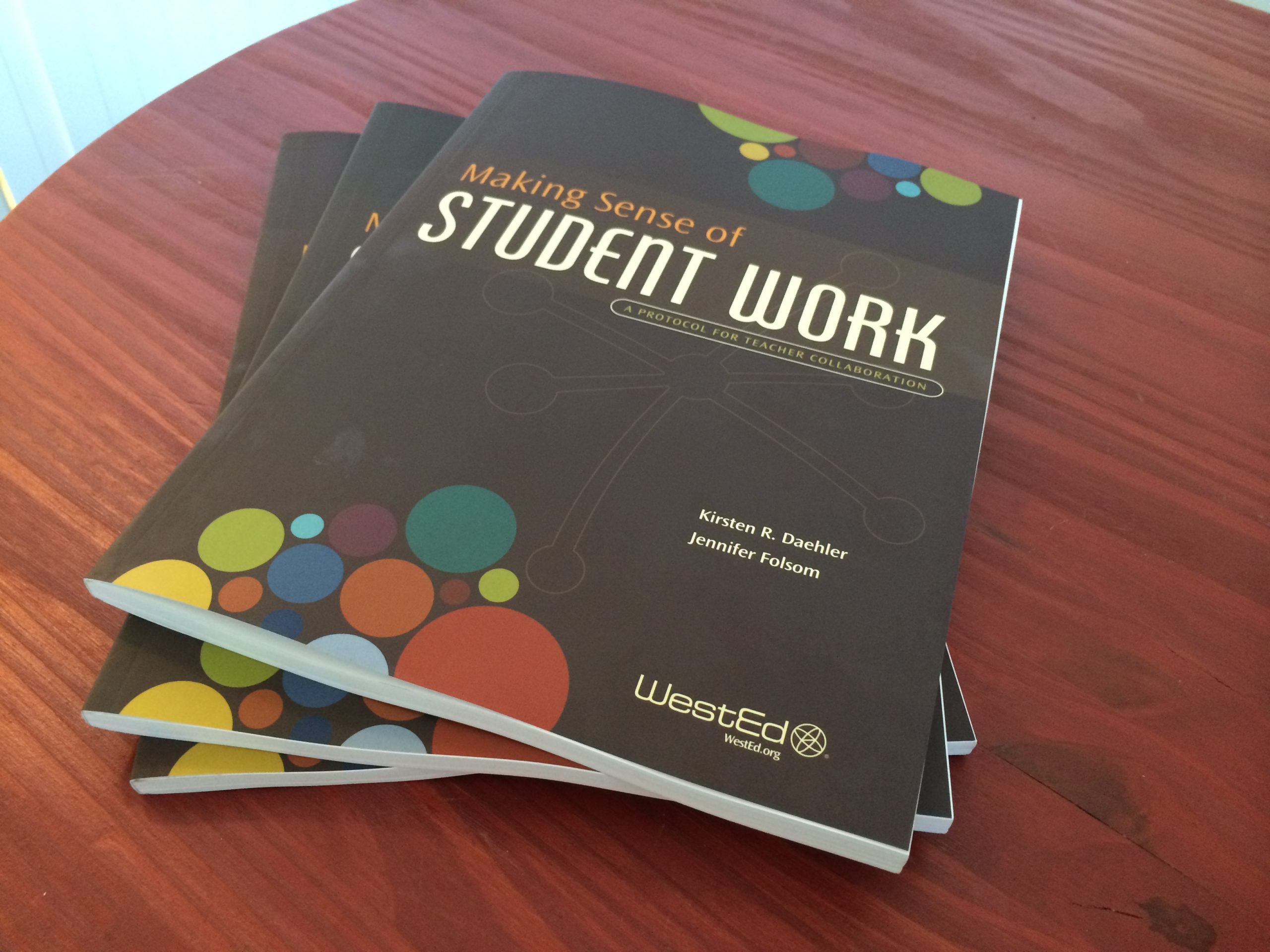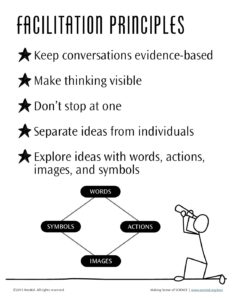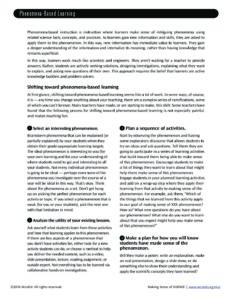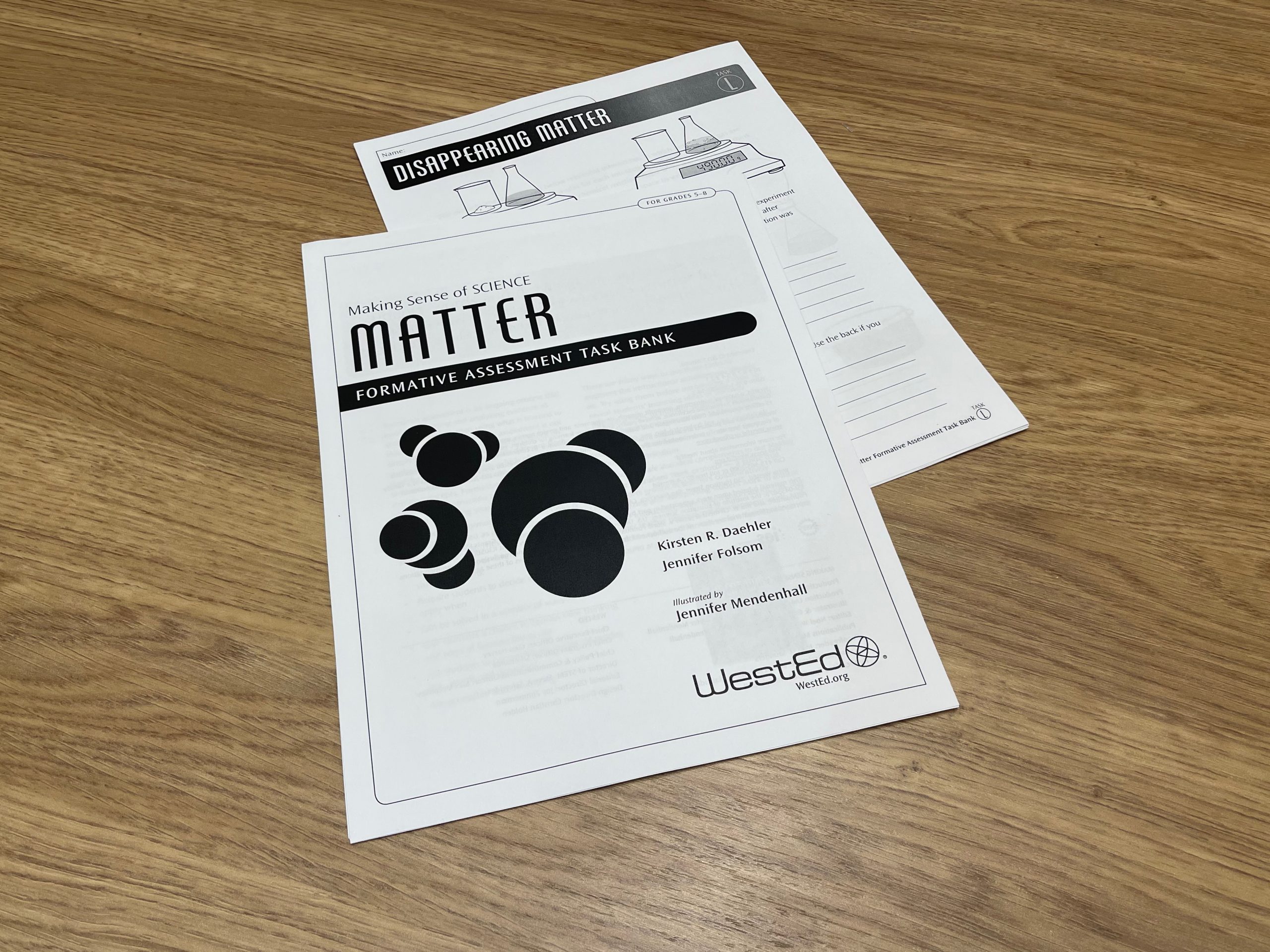December 11, 2020 • Blog
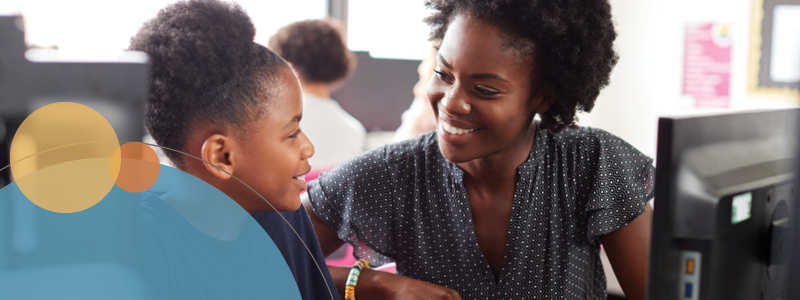
In science and beyond, in-person and remotely, we have an opportunity to cultivate learners who go after their curiosity and are rewarded with the thrill of discovery. To make this happen for every single learner in our classrooms, we have to focus on the research on how humans learn.
How Humans Learn
The research on how humans learn is well-established. Humans learn when their learning experiences:
- Connect with and leverage their prior knowledge and experiences
- Are relevant to their interests, approach to the world, and daily lives
- Allow them to be self-directed and in the company of other collaborators
These things are a prerequisite for deep learning. Sure some learners will memorize facts and develop skills without us paying attention to these, but many won’t. So if we want all learners reaching equitable outcomes, this is the place to put our emphasis.
Know thy students
If you don’t know what your learners know, you certainly can’t connect with it and leverage it toward new learning. If you don’t know about their interests, their heritage culture, their way of interacting with the world, and what their day to day life looks like, you can’t design experiences that are relevant to them.
Formatively assess their content knowledge and skills and their collaboration, tech, and learning skills. Connect with them in meaningful ways, every day, face-to-face and through their assignments. Watch and listen as they connect with each other. Design writing assignments so they are working toward ELA standards and the focus is on them (e.g., a new storyline for an episode of their favorite show, research paper on their favorite meal). Start class with a check-in that gives you a window into their non-school world (e.g., ask for a sticky note response to the question “What’s on your mind?”).
Attend to the many dimensions of learning
Once you have that essential knowledge of who your students are and how they make sense of the world, you can design learning experiences that will engage them. Engaged learners are curious learners and curious learners self-direct their learning. Focus on designing learning experiences that attend to the many dimensions of education. Both content dimensions such as literacy, math, science, and social studies, but also the dimensions that are often overlooked such as life, learning, and career skills; technology skills; the arts; and the culture and affective dimensions that make for a rich education.
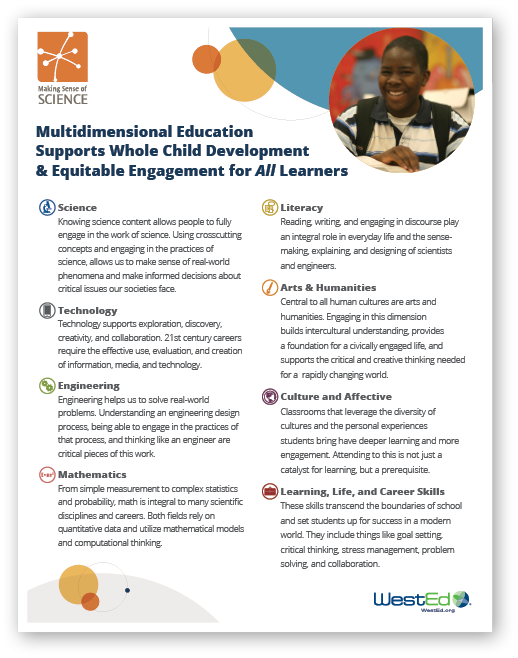
Less teaching, more facilitating learning
What if we believed that our students were competent learners? After all they have learned things every day of their lives, from how to walk, talk, use TikTok, cook for their families, survive in stressful homes, and navigate complex human relationships. What if we really believed that they were perfectly good learners — learners who readily learn new things when the conditions are right for learning?
If we believed that, then the onus is on us to provide engaging experiences for our academic standards and let them do their thing. Our goal then becomes providing situations where our students want to learn and we propel their learning forward by providing the right facilitation supports along the way.
This SCIENCE Corner was brought to you by Jen Folsom. Jen is the Lead Learning Architect and Associate Director for Making Sense of SCIENCE. Making Sense of SCIENCE offers Distance Professional Learning and face-to-face Professional Learning.
